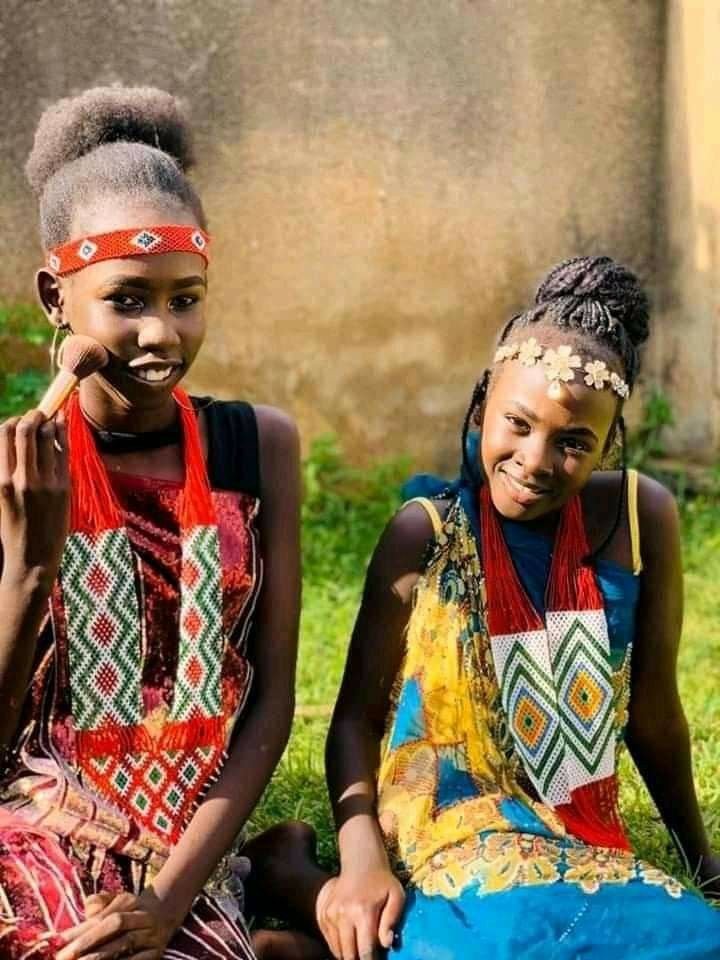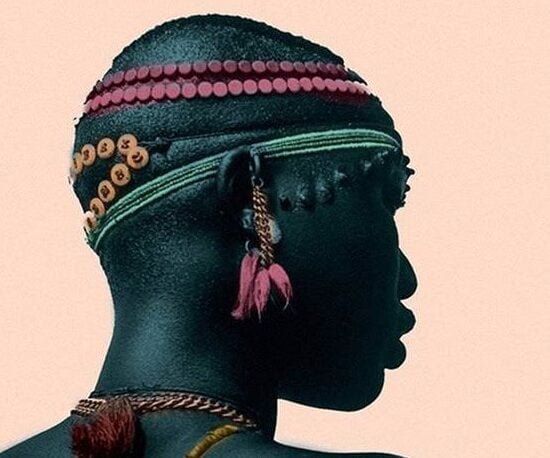The Shilluk culture is an indigenous culture of the Shilluk people of South Sudan.
This culture is rich in traditions and customs that have been passed down from generation to generation, and it is a unique part of South Sudan’s cultural heritage.
The Shilluk people have lived along the Nile River in South Sudan for centuries, and their traditional way of life is deeply rooted in the natural world. The Nile River is the lifeblood of the Shilluk people, and their entire way of life is centered around its cycles of flooding and drought. This includes their fishing and farming practices, as well as their religious beliefs and cultural practices.

The Shilluk people have a rich oral tradition, with stories and legends being passed down from one generation to the next. These stories often tell of their gods and spirits, as well as the history of their people.
For example, the Shilluk believe that the Nile River was created by the god Dho and that the river is a symbol of life and fertility. This belief is reflected in their religious practices, which include offerings and sacrifices made to the gods in order to ensure a bountiful harvest.
Another important aspect of their culture is their social structure. The Shilluk people have a strong sense of community, and they place great importance on family and lineage.
The head of the family is usually the oldest male, and he is responsible for the well-being of his family members. The Shilluk people also have a complex system of chiefs and councils, who are responsible for governing the community.
The Shilluk people are known for their traditional dances and music, which are an important part of their cultural heritage. These dances and music are performed during important celebrations and rituals, such as weddings and harvests. They also make and wear traditional clothing, which is often made from natural fibers and decorated with intricate patterns and designs.
The Shilluk people have a rich history of art and craftsmanship, and their traditional pottery, weaving, and metalwork are some of the most beautiful and intricate in all of South Sudan. These traditional arts and crafts are an important part of their cultural heritage, and they are passed down from generation to generation.
Despite the many challenges faced by the Shilluk people, their culture remains strong and vibrant. However, the ongoing conflict in South Sudan has had a profound impact on the Shilluk people, and their way of life has been greatly disrupted. Many Shilluk people have been forced to flee their homes, and they are now living in refugee camps or other countries.
Despite these challenges, the Shilluk culture remains a source of pride and inspiration for the Shilluk people. It is a testament to their resilience and their determination to keep their cultural heritage alive, despite the many difficulties they face.
READ ALSO: The Betsimisaraka Culture of Madagascar

